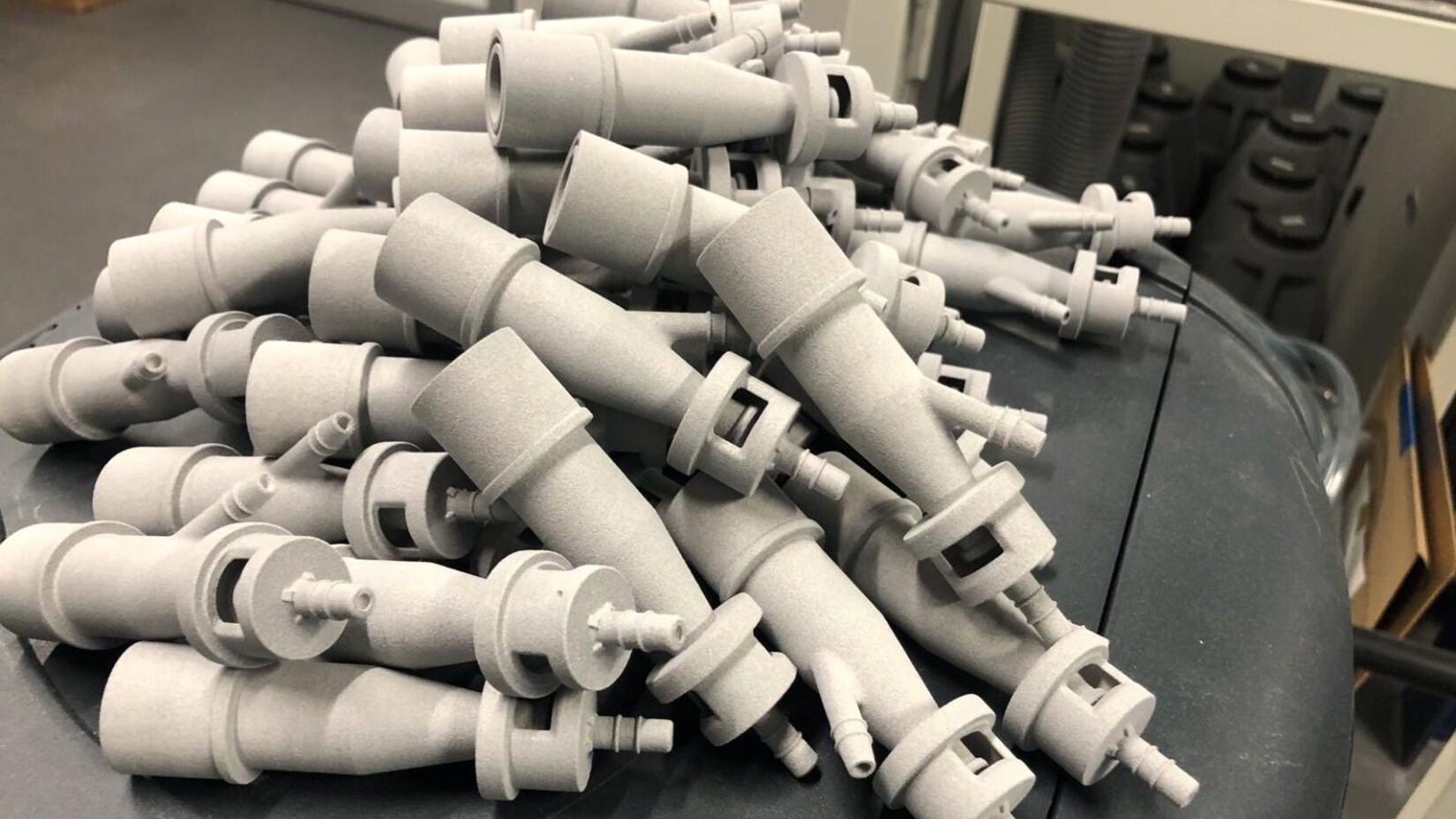3D printing could prove a lifesaver in helping treat coronavirus
Out-of-stock parts for vital medical equipment can be 3D-printed

3D printing could be a lifesaver in the face of supply shortages caused by coronavirus, with a 3D printer providing vital medical supplies to an Italian hospital.
The hospital in Brescia – located in an area of northern Italy suffering at the hands of the virus outbreak – was running out of replacement valves for ‘reanimation’ machines which provide desperately needed respiratory aid to those who have contracted coronavirus.
With no way to get replacement valves thanks to the supplier running out of stock – another side-effects of the virus – the solution was to use a 3D printer.
- 3D printing could also help fight this aggressive type of cancer
- Best Electronic Medical Record (EMR) software
- These are the best 3D printers of 2020
A company by the name of Isinnova responded to a call for help from Massimo Temporelli (founder of The FabLab in Milan), and Isinnova’s CEO, Cristian Fracassi, personally brought a 3D printer into the hospital, managing to replicate and produce the missing valve.
The very next day, Saturday, March 14, these 3D-printed replacements were proved to work, and 10 patients were soon on functioning machines that helped them breathe while using a part produced by the 3D printer.
Vital replacements
Doubtless there will be other cases where replacements for vital equipment are needed, and may indeed be provided by 3D printing – a lot of lives could be potentially saved.
More valves were being produced by another printing outfit, Lonati SpA – as pictured in the above image – except in this case they are using a polymer laser powder bed fusion process (as opposed to filament extrusion, which was employed by Isinnova’s CEO).
Are you a pro? Subscribe to our newsletter
Sign up to the TechRadar Pro newsletter to get all the top news, opinion, features and guidance your business needs to succeed!
Darren is a freelancer writing news and features for TechRadar (and occasionally T3) across a broad range of computing topics including CPUs, GPUs, various other hardware, VPNs, antivirus and more. He has written about tech for the best part of three decades, and writes books in his spare time (his debut novel - 'I Know What You Did Last Supper' - was published by Hachette UK in 2013).